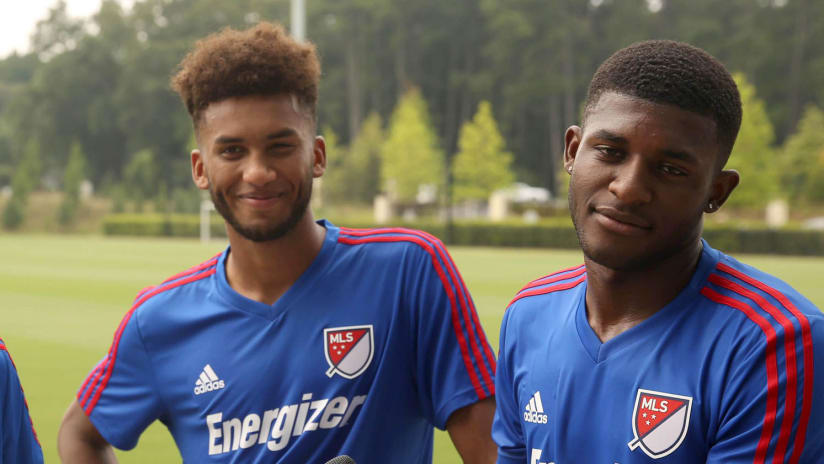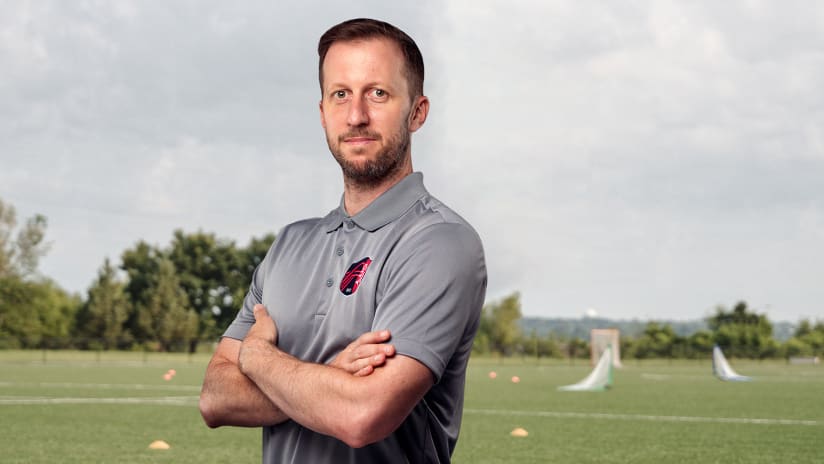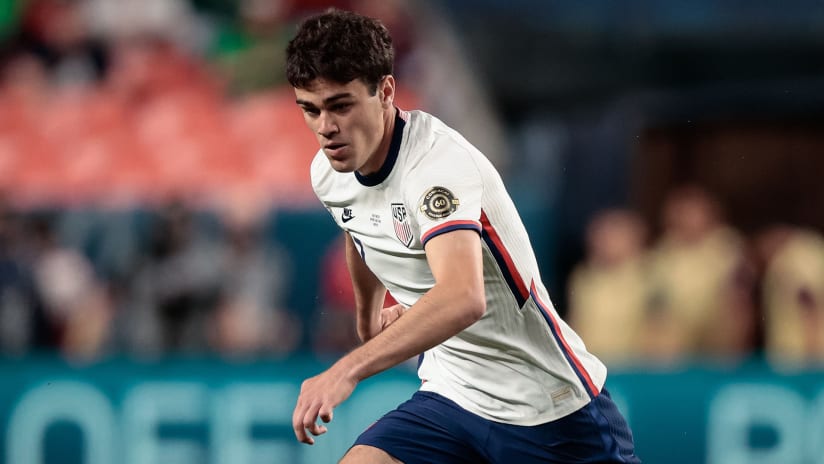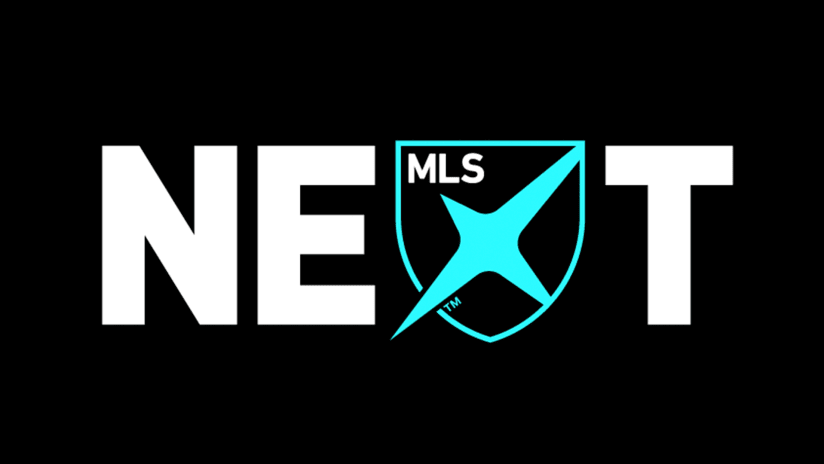CHESTER, Pa. — Shortly after retiring from MLS in 2009, Jim Curtin spoke with Union minority owner Richie Graham about his future as a youth academy coach — and, more importantly, the future of a Philadelphia Union club that was set to enter the league the following year.
“It was hard to see maybe when you’re sitting in literally a trailer and there’s no building or structure or anything yet,” Curtin told MLSsoccer.com. “But you can recognize that there were good people involved in the project. And now you’re really starting to see the reward from it.”
Indeed, thanks in large part to the vision of Graham, who built the club-affiliated high school YSC Academy from the ground up, the Union are beginning to reap the fruits of their decade-long investment as Homegrown Players have played a key role in what’s shaping out to be the best season in the franchise’s nine-year history.
Auston Trusty leads MLS in minutes and has been an anchor of the backline, often beside fellow Homegrown center back Mark McKenzie; Anthony Fontana scored a goal in his debut and Matthew Real made three spot starts earlier in the season; and Derrick Jones, the last member of what’s been dubbed “The Philly Five,” is fresh off two straight standout 90-minute performances in upset wins over the Seattle Sounders and Sporting Kansas City.
On top of that, the Union signed their sixth Homegrown in Brenden Aaronson earlier this month, just after making 15-year-old Selmir Miscic the youngest pro in the organization’s history with a contract for USL affiliate Bethlehem Steel FC.
“Coupled with the run of form the first team’s on, I think it legitimizes the investment,” Union technical director Chris Albright said. “It is a very exciting time. It’s something I think Richie certainly envisioned years ago and it’s coming to fruition.”
For both Curtin and Albright, two Philly natives who were taught the game by their fathers on beat-up fields across the area, YSC Academy is certainly a game-changer. And when they see the technical ability of someone like Aaronson, who was 9 when he first met Curtin, they realize all the ways today’s youngsters have benefited from years of structured schedules and quality coaching.
“I always think of it in the context of I was a kid that was able to make it and play professional ball and I didn’t have any of that infrastructure,” Albright said. “If you could have taken myself, Jim, Bobby Convey, Danny Gargan, Jeff Larentowicz and threw them through an academy system, what would we have looked like as players? So I think that’s what’s really exciting for our generation.”
Albright and Curtin have been at the forefront of the Union’s youth-centric philosophy, which was boosted by former sporting director Earnie Stewart and now Ernst Tanner, who replaced Stewart last month after running the academy at Red Bull Salzburg.
And just as important as having a strong player development system is creating the same style of play — Curtin boasted that data points indicate the Union are top eight in MLS in terms of proactive teams — from the academy to the Steel to the first team. Oftentimes, that means Curtin and Union assistants will go to YSC to coach academy teams. And coaches from throughout the club hold many meetings to discuss the progression of players of all ages.
“There’s this constant integration of not just players moving up and down but also coaches,” Curtin said. “For each player and young kid, we have to treat them with all of the resources we have. We have to give them everything in our power to have them reach their full potential. Not every kid is going to make it. Some may wind up coaching in our academy; others are going to to college to become doctors or lawyers. But the whole setup is trying to get the best out of each kid.”
Curtin admitted that you can’t always predict which players will make it when they’re 10 or 12 years old, which is why it’s essential to give everyone at YSC the opportunity. And even when Homegrown players do make it to the Union, their minutes “still have to be earned” — which is one reason why what Trusty and others have done this year are “huge milestones for the club.”
“They’re kind of the pioneers — the Philly Five, as they’re called,” Curtin said. “In terms of youth development, we’ve really moved the bar forward, in a big way. A lot of good things are happening, and it does start with the Homegrown players really contributing.”
It’s not a coincidence that the Homegrown infusion has come the same year as the Union charged up the Eastern Conference table in league play and into Wednesday’s U.S. Open Cup final against Houston (8 pm ET, ESPN2). And they’ll look to keep it going for years to come, with Curtin calling it imperative that the Union become the best in MLS at developing local players (even though other academies around the league have had head starts).
“We have a philosophy behind our club,” the Union coach said. “We have certain beliefs, and it’s playing young players, sticking to a system and principles that’s understood from the academy all the way through, and then executing it with the first team. Youth is always going to be a big part of the Philadelphia Union setup. And I think we’re well on our way in being the leader in youth development.”













